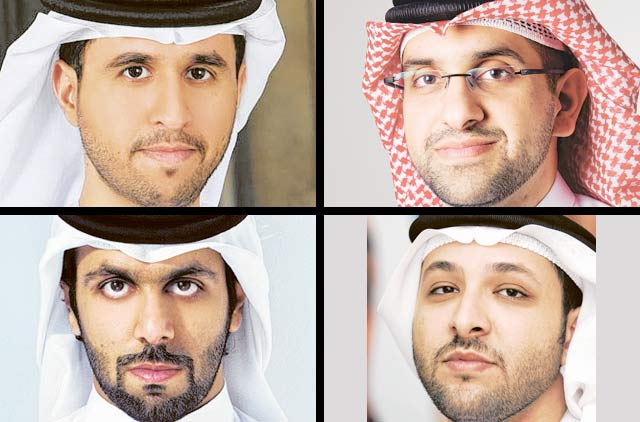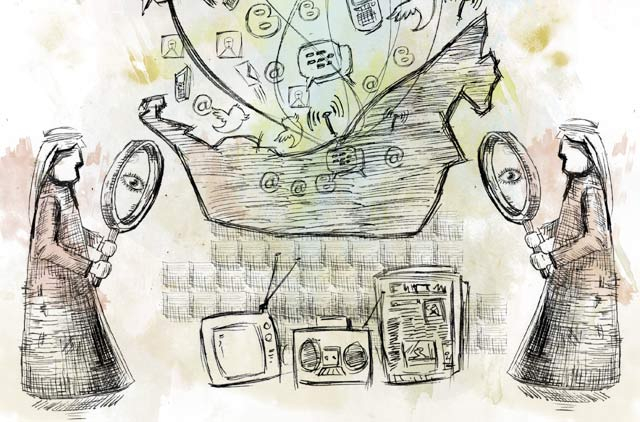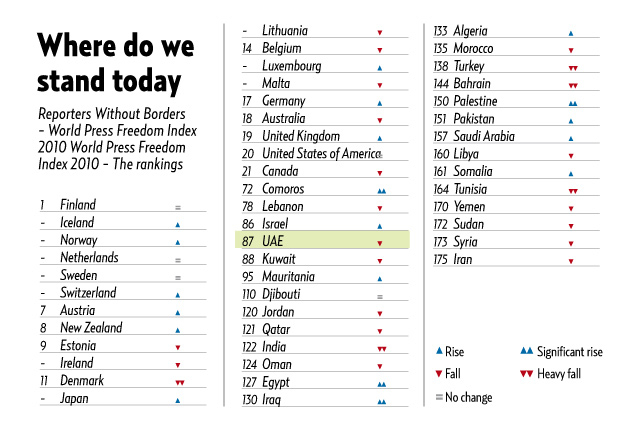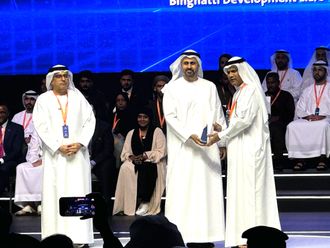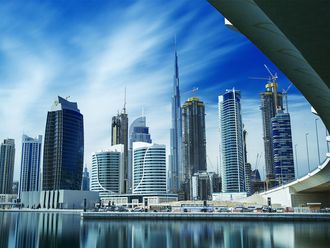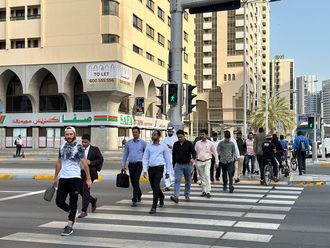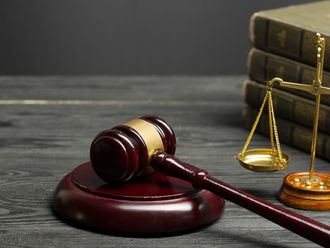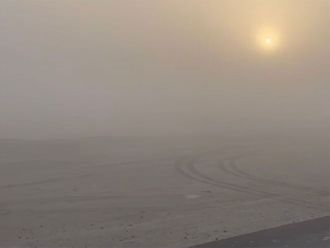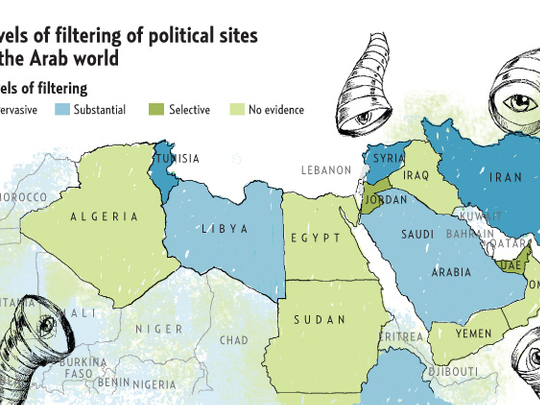
Dubai: Media watchdog Reporters Without Borders (RSF) recently classified the UAE as being "under surveillance" in its censorship of the internet, a step ahead of being declared an "internet enemy" in a list that includes China, Egypt, Iran, North Korea and Saudi Arabia.
In the past few years, the rise of the UAE's status as a regional trade, media and tourism hub has been accompanied with increased scrutiny of its practices and policies. The country's internet policies in particular have come under increased critcism.
Herdict Web, a Harvard University project that aims to determine what internet users around the world are experiencing in terms of web accessibility, saw the biggest rise in reports of blocked sites from the UAE between 2009 and 2010.
So far, it has had 1,359 reports of 581 sites that are blocked in the UAE. The country ranks eighth in the number of reports the project has received.
The OpenNet Initiative [ONI] is a partnership between three North American universities that aims to investigate, expose and analyse internet filtering and surveillance practices around the world.
Helmi No'man, a researcher for ONI covering the region, said he found it difficult to explain the UAE's censorship policies to observers and journalists.
"For example, according to our multi-disciplinary approach that includes in-country technical tests, social filtering in the UAE is categorised "Pervasive" — as pervasive as it is in Saudi Arabia, a far more conservative society," he said, referring to sites with content deemed socially unacceptable.
Extra scrutiny
No'man said however that the UAE's status of a business hub and "a comparatively liberal society" meant that it came under extra scrutiny.
Websites are either blocked in the UAE manually, by the internet service providers (ISPs), or automatically through filtering software that comes with databases of millions of websites in 90 categories.
Those categories the internet regulators find objectionable are selected for mass blocking, said No'man. Those sites that have been subjected to a significant rise in blocking in the UAE of are of a political nature, he added. "In 2007, political filtering in the UAE was found to be "Selective". In 2009 however, political filtering in the UAE was upgraded to "Substantial".
This is due to the increase in the number of news websites, blogs and forums as well as some secular or atheist content that have been blocked. Since then, evidence indicates that political filtering is still "Substantial" but has not reached "Pervasive"," he said.
The UAE's filtering of the social web sites category, such as those dealing with sex, alcohol and dating, was classified as ‘Pervasive'.
The taboos associated with some websites have however given rise to an "invisible content presence" phenomenon in the UAE and the Gulf region, No'man said, where in an effort to escape the censors, internet users go behind closed and password-protected groups to discuss topics deemed taboo.
"Users prefer staying relatively invisible to the eyes of the censors when discussing sensitive political and social issues… [There is] widespread use of invisible content presences and the emergence of astounding counter-current social and political themes and groups, from the atheist to the homosexuals," he said.
In the past few years, however, the UAE has unblocked some sites that were previously deemed socially unsuitable. A number of sites cited as being blocked in OpenNet's 2004-2005 report on the UAE have been unblocked. In late 2009, the UAE unblocked the entire top level domain (.il) for Israel.
Excerpts: Opennet initiative
Below are excerpts from the OpenNet Initiative's reports on the UAE:
- "…censors have expanded the filtering to include previously accessible websites such as the presumably UAE-based atheist blogs … [as well as] Wikipedia pages which contain information about religiously sensitive content such as the film Fitna, produced by Dutch politician Geert Wilders and the page about the Prophet Mohammad [PBUH], possibly because the page displays drawings of the Prophet, considered offensive to most Muslims."
- "The UAE continues to prevent its citizens from accessing a significant amount of internet content spanning a variety of topics. Though the vast majority of sites filtered are those deemed obscene in some way, a select few political sites are blocked."


